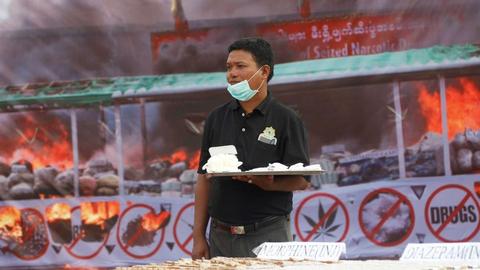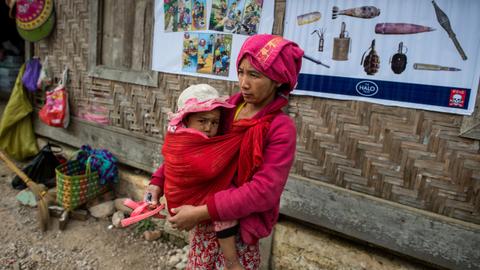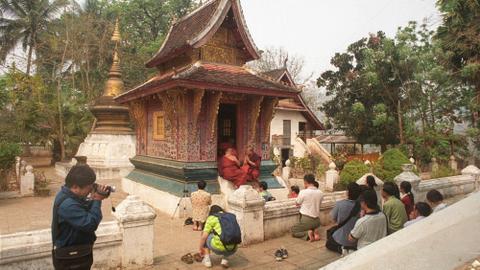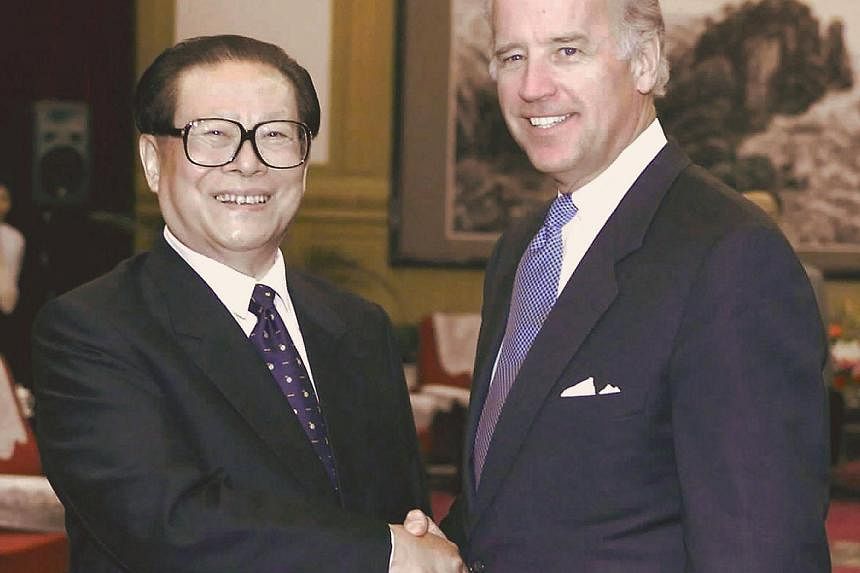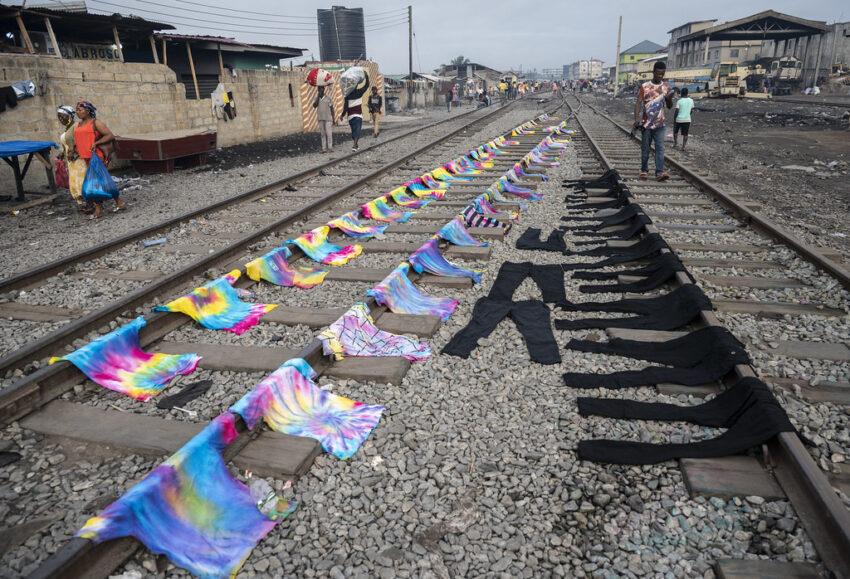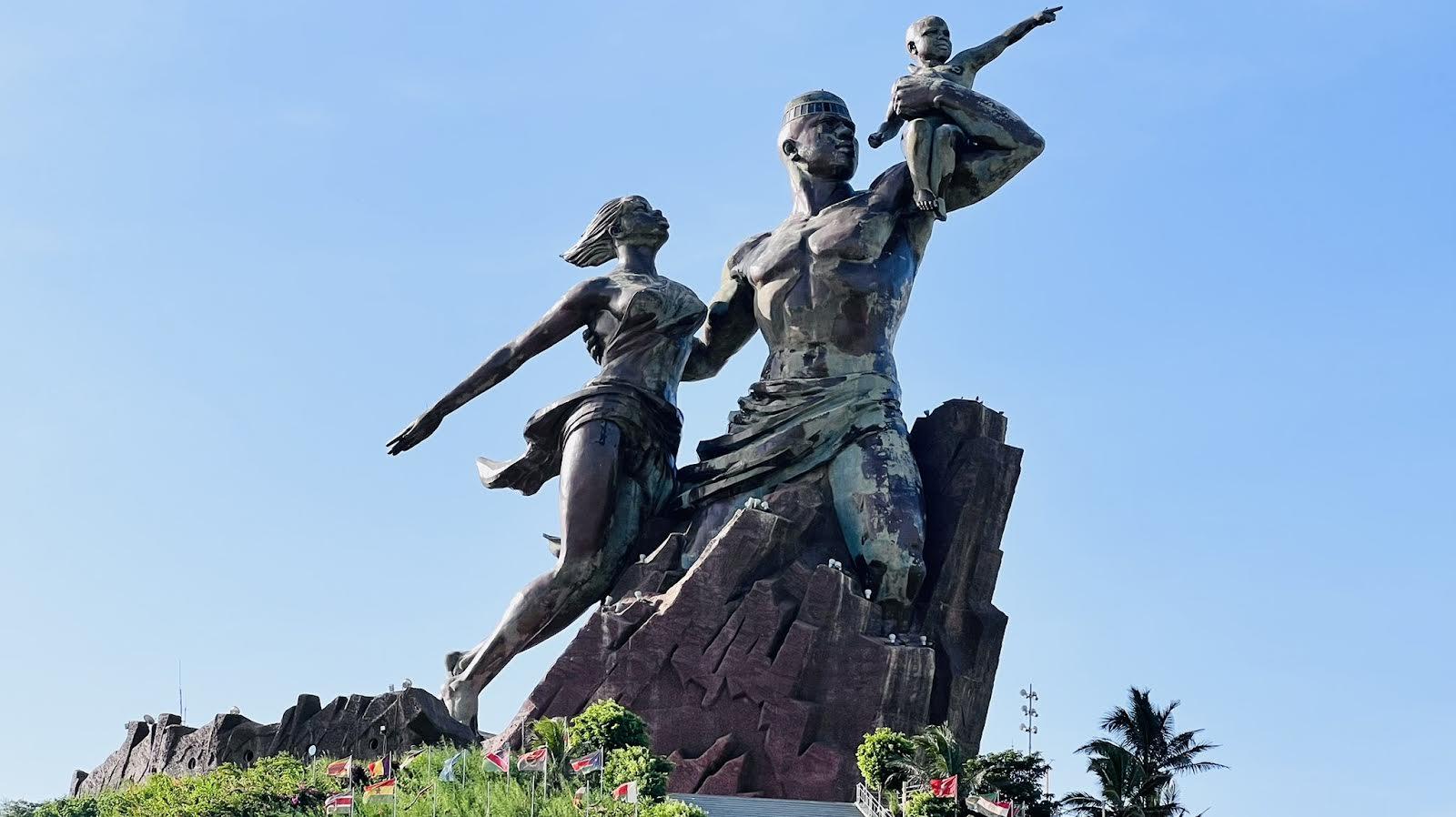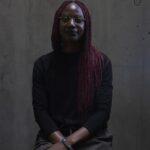“How would you explain artificial intelligence (AI) to your grandmother?” veteran editor and digital strategist Catherine Gicheru asked journalists and researchers who met recently in the Kenyan capital Nairobi to examine the use of AI by media around Africa.
The hesitant responses to Gicheru’s question reflected a lack of clarity about AI that pervades media the world over. But, as the IMS-sponsored workshop in Nairobi on 14–15 November went on to demonstrate, the use of AI is increasingly widespread in African news organisations. When used ethically and wisely, AI is an indispensable tool for the continent’s journalists and other media workers wishing to tap into growing quantities of digital data for storytelling and engaging with their audiences.
“People are not sure what AI actually is, and we need to explain the technology in a more straightforward way,” said Ayaan Khalif, Co-founder and Project Manager of Digital Shelter in Somalia. “AI is a simplifier tool. When washing machines came along, I don’t remember people freaking out and saying ‘they (washing machines) are taking our jobs!’ AI is a similar thing – it makes us work a bit faster and with more accuracy.”
AI “has the ability to see through the clouds”, says Harvey Binamu, Technology Officer for Zimbabwe’s Magamba Network. “You can sit with a document cache of millions and millions of records but the ability to sift through it and actually see where the story is, and to point out what they’re trying to bury, that’s telling truth to power.”
Organised by the University of Central Lancashire (UCLAN) and IMS, the Nairobi workshop also discussed initial findings from a study led by UCLAN’s Dr George Ogola to better understand the current state of AI use in African newsrooms, and to explore AI’s potential in strengthening public interest media in the region. IMS commissioned a similar study for Latin America and central-eastern Europe in 2021.
The latest study, said Dr Ogola, examines how AI is changing everyday newsroom practices across Africa: what the professional and ethical issues around AI-driven automation processes are, and what the prevailing implications for AI-powered automation are in a region that is so unequal in terms of resources, access, digital literacy and other divides.
Professor Charlie Beckett, Director of the London School of Economics’ Polis thinktank and its JournalismAI project, told the Nairobi workshop that AI’s added value to journalism will depend on journalists’ human touch – their creativity and the empathy they have with their audiences. AI, he said, can be part of the whole media production process: from news gathering, analysing information, and even story writing through to understanding audiences’ needs and how they consume news. “Where there’s lots of data, there are opportunities for using AI,” he said.
Many African media are just beginning to explore this potential. “So far we use AI mostly to understand our audience, especially on social media, using the tools that are already provided by some of these social media companies,” said Tony Kirita, Managing Editor of The Chanzo in Tanzania. “But tools that use AI are also helping us to write good articles…AI is something we already use daily and something we’re going to continue to use, and once you have that in mind then it’s easy to explore the tools that are already available and to use them to make your reports better.”
However, the workshop heard that some off-the-shelf AI tools struggle to recognise African languages and African people because these technologies have been “taught” with data from other parts of the world by programmers with inherent cultural biases.
Media’s adoption of any technology was not just a matter of resources, said Dr Ogola. “It also cultural, it’s about business models and it’s about audiences.” This has implications for how the media manage data, he said, “and how we as African societies manage the algorithms that process this data”. Given the cost, African media would be wise to collaborate in developing appropriate AI solutions, he added.
A visit to the newsroom of the Nation Media Group in downtown Nairobi highlighted the extent to which digital data is driving editorial decisions in many newsrooms today. Big screens at the centre of the newsroom display how individual stories are performing online in terms of clicks, likes, shares and the time audience members spend reading each article, prompting some workshop participants to wonder where the quality of journalism came into the equation.
Until now, research has focussed on understanding how AI is being used. “Next we need to understand its impact,” said Professor Admire Mare from South Africa’s University of Johannesburg. “There’s a huge gap in understanding how the technology is impacting on the quality of journalism.”
“Before the workshop, I didn’t know if AI could play a good role in journalism,” said Leyla Mohamed, Editor of Radio Ergo, IMS’ humanitarian news service for the Somali region. “But it can help us identify the useful information we need on social media, for example. It could save us more time so that we improve our work. That’s one of the main opportunities that AI brings to the newsroom I work in now. A challenge is that people could put that information wrongly and people won’t get the correct information. Therefore, journalists still need to check the information we use.”
Factchecking and media monitoring services are also applying AI because of the quantity of data involved. “We have been working for the past seven years to automate our media monitoring system – data capturing, data processing and searching for what we need within the data we collect about media content,” said Farisai Chaniwa, Director of Media Monitors Zimbabwe. The next step, she said, was to develop AI tools that would help MMZ to monitor social media and to convert radio reports into easier-to-analyse text. But even data-heavy and often laborious tasks cannot be left to AI alone. “Factchecking requires you to understand the nuance of the information you are checking,” said Africa Check’s Kenya Editor Alphonce Shiundu. And, like creativity and empathy, understanding nuance favours human intellect.




